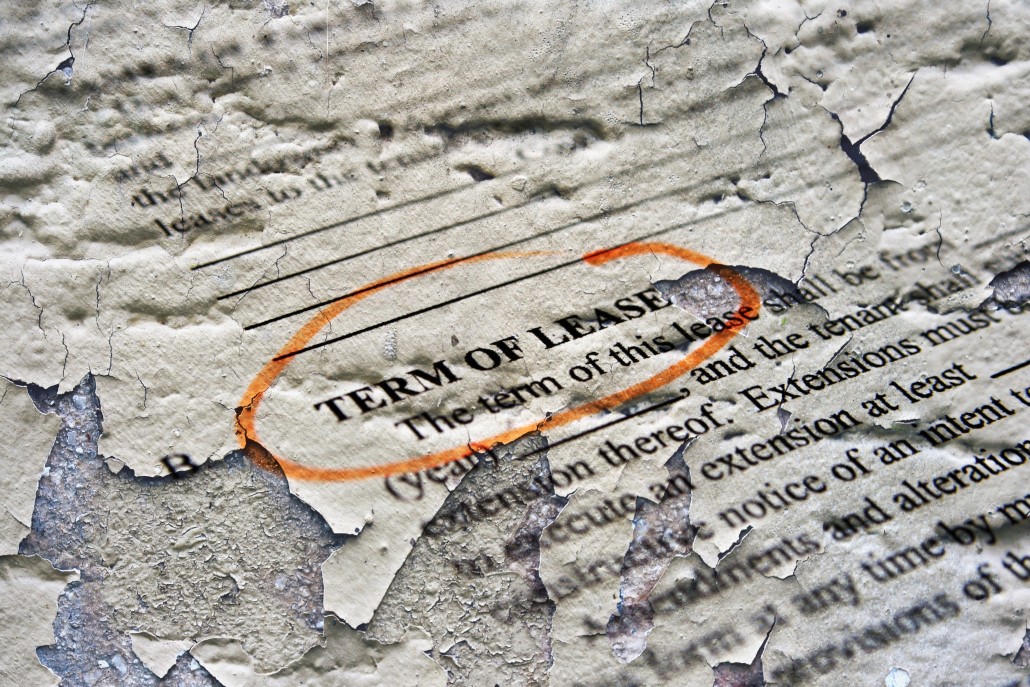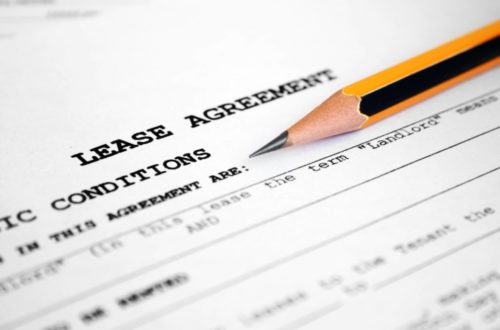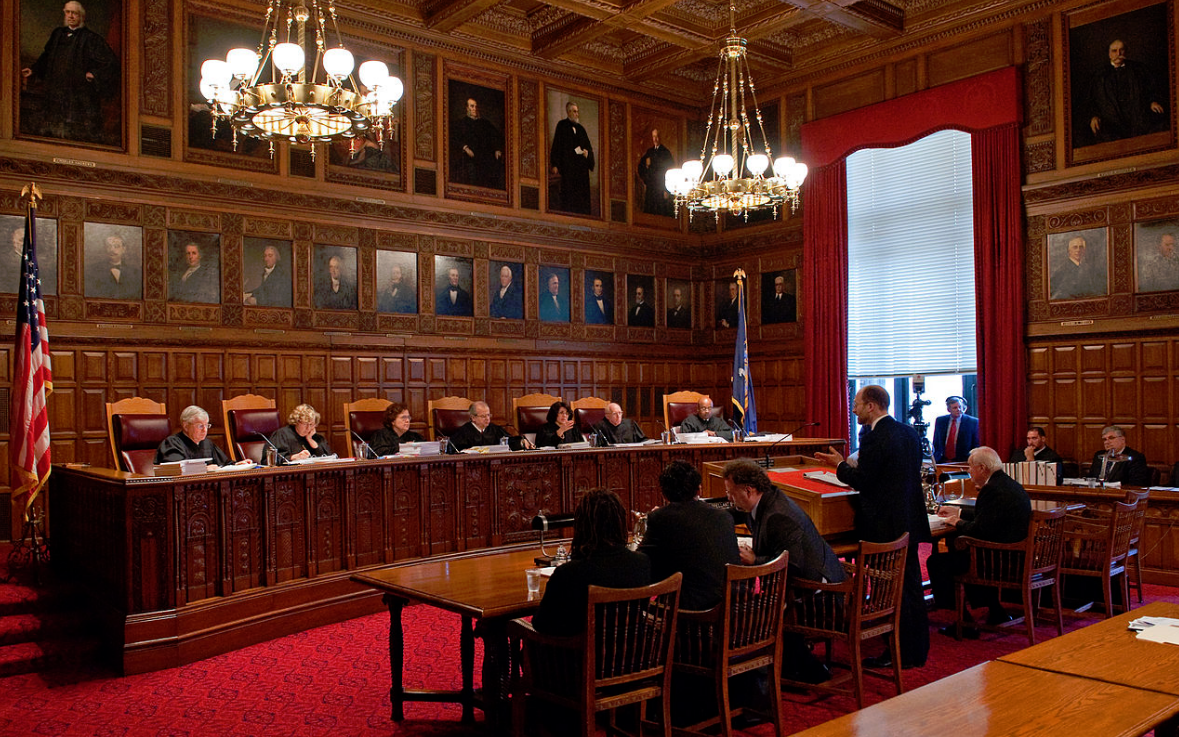In B.V. Belk, Jr. v. VRS Magnolia Plaza, LLC, the North Carolina Court of Appeals addressed the question of when an easement can be implied by prior use. An easement is an individual’s right to use the land of another individual for a specific purpose. Frequently, easements are created by the express agreement of the landowner and the individual seeking to use the land; however, as the court in Belk confirmed, easements can also be created by implication.
Factual History
In Belk, B.V. Belk, Jr. (“Belk”) acquired 107 acres of undeveloped land in 1986. He then transferred title to a joint venture consisting of himself, as managing member and controlling partner, and Conbraco Industries, Inc. In 1987, Belk subdivided the parcels, creating the Magnolia Parcel and the Belk Parcel. Belk continued to manage both parcels, although ownership transferred at various times between entities owned by him, until the Magnolia Parcel was transferred to HEPMAG, LLC (“HEPMAG”) in 2012. Prior to the transfer to HEPMAG, Belk constructed a stormwater drainage system, which included a drainage pond, in 1988. The design allowed water to flow from the Magnolia Parcel to the pond, located on the Belk Parcel. In 2015, HEPMAG sold the Magnolia Parcel to VRS Magnolia Plaza, LLC (“VRS”), at which time Belk filed suit against VRS, alleging causes of action for trespass, nuisance, and negligence pursuant to the drainage system.
Implied Easement by Prior Use: the Elements
In the absence of an express agreement creating an easement, an easement can be implied by prior use if the following elements are established:
- Common ownership of the dominant and servient parcels (i.e., the parcel benefitted by the easement and the parcel burdened by the easement) and a subsequent transfer that separated that ownership;
- Prior to the transfer, the common owner used part of the parcel for the benefit of the other part, with such use being apparent, continuous, and permanent, and;
- The claimed easement is necessary to the use and enjoyment of the land.
In Belk, the court held that the first element does not require the same exact individuals to own the parcel at the same time. Instead, if some, but not all owners are in common, the first element could be satisfied depending on the particular circumstances of the case. Here, although Belk and/or various entities owned, wholly or in part, by him owned the 107 acres at various times, Belk remained a common owner and continued to manage the property, including developing the drainage system in dispute.
The court also concluded the second element was established. Prior to the 2012 transfer of the Magnolia Parcel to HEPMAG, Belk used the Belk Parcel for the benefit of the Magnolia Parcel. The drainage pond, located on the Belk Parcel, received surface water runoff from the Magnolia Parcel. The use was apparent to the owner of the servient estate – the Belk Parcel – because Belk, himself, designed the drainage system. The use of the drainage system was sufficiently continuous – it existed, without interruption, from the date of its creation to present-day. Finally, the use was permanent – Belk significantly modified the land to create a drainage system and pond to address surface water retention in the Magnolia Parcel.
Finally, the court concluded the third element was established. An easement is necessary for the use and enjoyment of the land “if it is reasonably necessary to the full and fair use of the property.” VRS retained an expert engineer, who stated that the drainage pond has been a critical component to the stormwater infrastructure for Magnolia Plaza since its creation. Further, the court concluded it would be unreasonable to hold an implied easement does not exist, because such a holding would require VRS to construct a new drainage system to replace the system that benefitted the Magnolia Parcel for three decades.
If you have questions regarding an easement or other real estate dispute, please call us at (704) 457-1010 to schedule a consultation. For more information regarding our firm, attorneys, and practice areas, please visit https://lindleylawoffice.com/.




